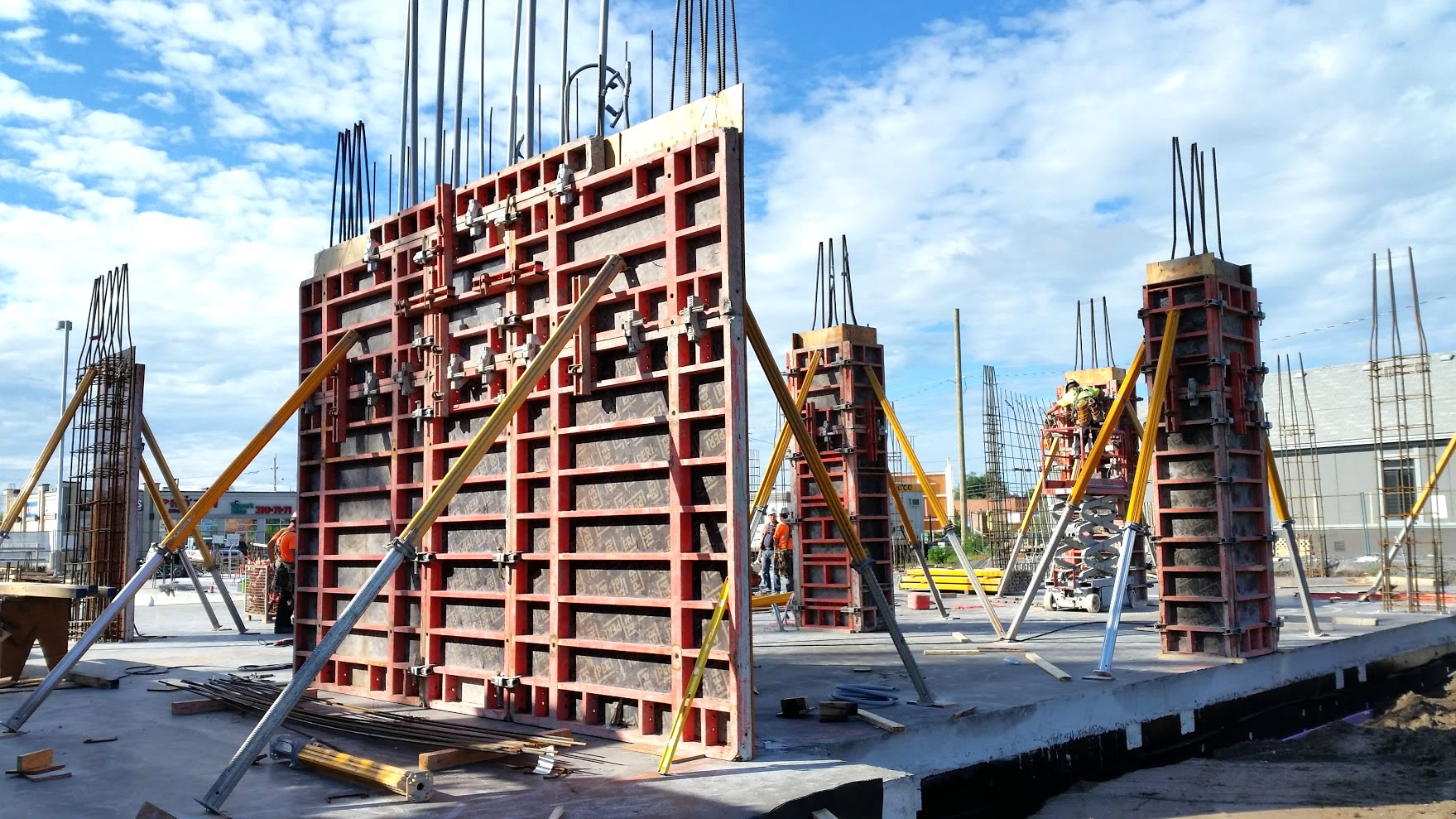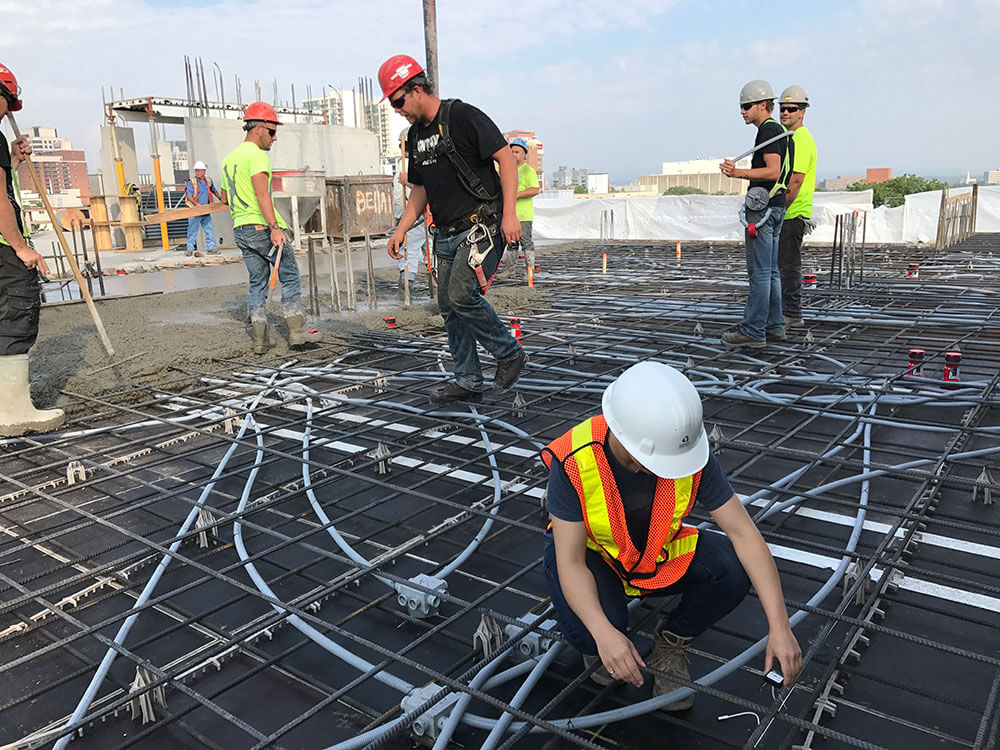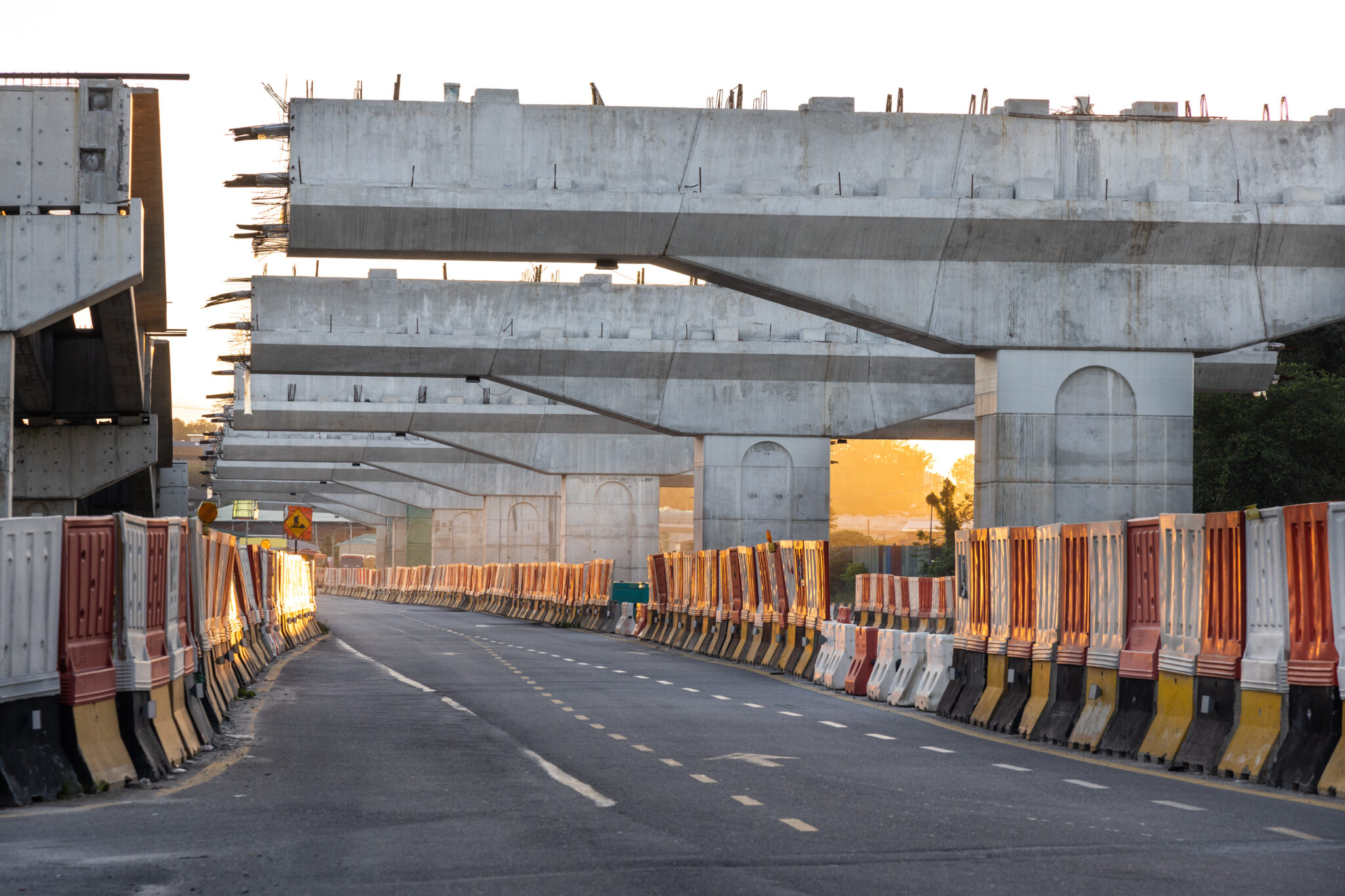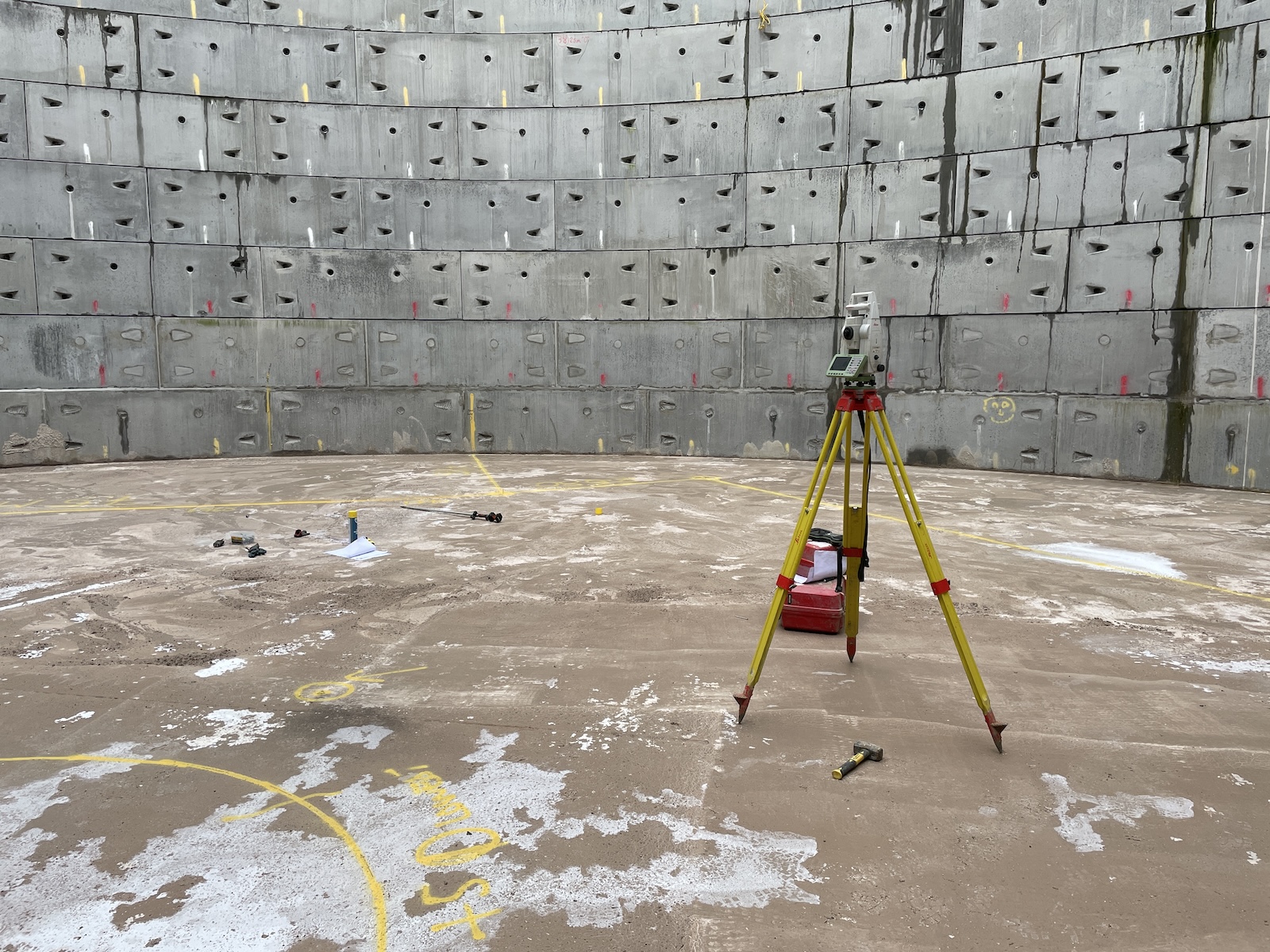Called a Method, Apparatus and System for Testing the Self-Sealing Capabilities of a Concrete Sample, the test measures and verifies the self-sealing properties of concrete to which a mix of specialty chemicals has been added.
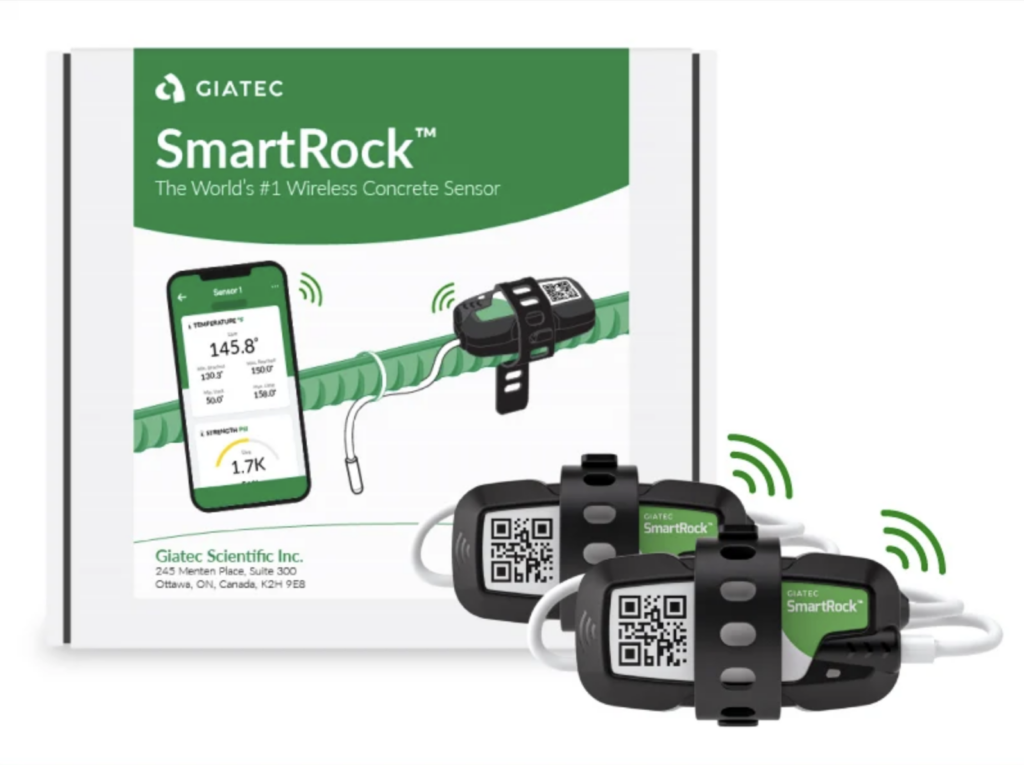
According to Kevin Yuers, Vice President at Kryton one of the inventors of the test “The test is important because it validates in the lab the self-sealing properties of concrete with a Kryton admixture. We had known from work in the field that the waterproofing admixture in our products enabled cracks to self-seal, but we also wanted to prove it in the lab.”
Concrete that can self-seal developing cracks can lead to the reduction of long-term maintenance and repair costs. By doing so it will extend the lifespans of infrastructure and buildings. It will also decrease the potential risks of aging overpasses and bridges that could unexpectedly collapse.
“Much of our infrastructure is deteriorating,” Yuers said. “When it was built in the last century, it was designed to last 50 years. But today we expect it to last at least 100 years, if not longer.”
Kryton’s line of waterproofing concrete products uses an exclusive blend of the company’s chemicals. When mixed with concrete, Krystol chemicals act as a catalyst to create a reaction that causes long, narrow crystals to form, filling the pores, vessels and hairline cracks of the concrete mass.
After the concrete has cured, the crystalline chemicals sit inactive until more water is added. Once more water is used and passes through a new crack it can cause the chemical reaction to commence again.
It is this ability to reactivate in the presence of water that gives Krystol-treated concrete the ability to self-seal. Another inventor of the technology, Rishi Gupta, who is an assistant professor of civil engineering at the University of Victoria, is continuing his research on concrete admixtures.
To measure the lifespan and strength of the concrete he has helped to create, Gupta will also be using existing technical tools in new ways. For example Gupta is testing the strength of concrete by sending electrical currents through it and measuring its resistance with electrical resistivity meters.


